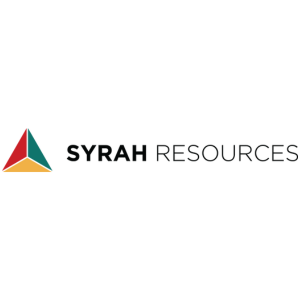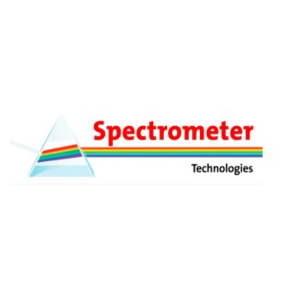Over the last couple of years, we have witnessed a growing number of recommendations and legal requirements on responsible business practices and broader ESG full value chain due diligence, which place greater expectations on companies along the entire minerals value chain.
Today, when it comes to discussing the respect and protection of human rights in the responsible mining and sourcing of minerals, a number of legal requirements have come, or are coming, into effect across continents, as well as recommended guidance and frameworks, such as the recently updated OECD Guidelines from Multinational Enterprises on Responsible Business Conduct.
While many of the risks described in these regulatory and normative frameworks have already been in focus for standards and CSR reporting by the industrial mining sector for many years, heightened requirements for downstream tiers vis-à-vis mandatory due diligence, expanded risk scope, and global geographical focus, are impacting reporting, standards, and customer requests to a greater extent than ever before. Given this landscape, what should be on mining and processing companies’ radars going forward? Certain themes seem to have gained relevance over recent years and are highlighted below.
Focus on transparency of companies’ supply chains: New laws in Europe, such as the Battery Regulation and the Corporate Sustainability Due Diligence Directive are calling for greater transparency along the supply chain. As end-user companies, including Responsible Minerals Initiative (RMI) members, move to map the supply chain of a greater number of minerals, upstream companies (mining companies and traders) should expect more questions will be raised to gain greater insights over the origin of those minerals.
The RMI has been working closely with its members to map the supply chains of green transition minerals, and we expect this to be the first step toward greater engagement upstream. The engagement will take different shapes, based on whenever downstream companies directly engage upstream companies through uptake agreements or have less visibility upstream.
Given the complexity around the topic of supply chain transparency, we decided to create an enabling environment that provides the necessary risk information to members through a Global Risk Map (where companies can see ESG risks at the country and subregional levels), Material Insights (which identifies materiality risks for more than 40 materials and provides information on the value chain and market data), and demystification of minerals value chain maps during our working groups.
To enable supply chain transparency, new technologies such as distributed ledger technology and digital twins are being piloted and tested to automate data exchange. Upstream companies will see persistent calls for their participation in such new technological applications and there is a strong need for interoperable and harmonized data frameworks that ensure companies are not subject to one single provider. This is why collaboration has become more important than ever to define common data, a shared taxonomy, and the collection of a reasonable amount of data for user-friendly purposes.
Call for effective grievance mechanism and remedy: As downstream companies are called to establish meaningful grievance mechanisms, their attention will inevitably also focus on upstream companies’ own grievance mechanisms. The greater attention on grievance will be accompanied by a stronger focus on remediation of adverse impacts. Upstream companies should expect to ramp up their communications on the management of grievances and the effectiveness of actions taken. The RMI has worked with members to establish an industry-wide grievance mechanism and they use their collective leverage to pursue remedial actions.
Stakeholder engagement: Upstream companies can expect downstream companies to more closely monitor their engagement with local communities and those stakeholders affected by the enterprises’ actual or potential adverse impacts. As downstream companies get more acquainted with adverse risks of mining and processing of materials used in the green transition, their questions will become more pointed. Upstream companies should therefore consider strengthening their reporting of consultations’ data.
Attention to human rights defenders: In 2020, Global Witness recorded 227 deadly attacks on human rights defenders who protect marginalized communities and their right to land, water and livelihood. Given this and the attention on human rights defenders brought forward by the recently published OECD Guidelines for Multinational Enterprises on Responsible Business Conduct, mining companies can expect greater emphasis on this issue when engaged with downstream companies.
Environment and climate as a human right: Companies will need to break the silos in which human rights, climate and environmental risks are treated. This means adopting a more comprehensive sustainability and due diligence strategy that requires multidisciplinary teams able to identify human rights implications of their transition and net-zero plans and consider how climate will affect human rights of communities.
For example, when it comes to net-zero plans, closing coal mines or oil companies will be expected to consider the risk of job losses and their specific roles in contributing to a just transition “out” – through, for example, offering training that could facilitate career change opportunities and reduce the risk of layoffs.
Companies investing in the extraction of green transition minerals will be expected to minimize or avoid negative environmental impacts, such as those affecting the quality or availability of water to local communities. As far as climate change is concerned, companies will need to understand their carbon footprints and how people are affected by climate- and water-related events, considering that more than 90 percent of deaths from such impacts occurred in poor countries, some of which will be providing the most critical minerals for the green transition.
Reporting frameworks have been around for a long time and have matured over the years. However, heightened regulatory requirements will flow upward, and both performance and reporting on performance will need to find a way to level-up in many cases. Dialogue and partnership between downstream and upstream companies across industries and sectors have become more important than ever to meet regulatory demands, navigate highly uncertain time periods, and manage unpredictable events. That is why the RMI is building on what exists and, rather than working in a vacuum, is increasing collaboration across industries and sectors to create solutions that are effective and credible to end users and stakeholders at large.
While many of the risks described in these regulatory and normative frameworks have already been in focus for standards and CSR reporting by the industrial mining sector for many years, heightened requirements for downstream tiers vis-à-vis mandatory due diligence, expanded risk scope, and global geographical focus, are impacting reporting, standards, and customer requests to a greater extent than ever before. Given this landscape, what should be on mining and processing companies’ radars going forward? Certain themes seem to have gained relevance over recent years and are highlighted below.
Focus on transparency of companies’ supply chains: New laws in Europe, such as the Battery Regulation and the Corporate Sustainability Due Diligence Directive are calling for greater transparency along the supply chain. As end-user companies, including Responsible Minerals Initiative (RMI) members, move to map the supply chain of a greater number of minerals, upstream companies (mining companies and traders) should expect more questions will be raised to gain greater insights over the origin of those minerals.
The RMI has been working closely with its members to map the supply chains of green transition minerals, and we expect this to be the first step toward greater engagement upstream. The engagement will take different shapes, based on whenever downstream companies directly engage upstream companies through uptake agreements or have less visibility upstream.
Given the complexity around the topic of supply chain transparency, we decided to create an enabling environment that provides the necessary risk information to members through a Global Risk Map (where companies can see ESG risks at the country and subregional levels), Material Insights (which identifies materiality risks for more than 40 materials and provides information on the value chain and market data), and demystification of minerals value chain maps during our working groups.
To enable supply chain transparency, new technologies such as distributed ledger technology and digital twins are being piloted and tested to automate data exchange. Upstream companies will see persistent calls for their participation in such new technological applications and there is a strong need for interoperable and harmonized data frameworks that ensure companies are not subject to one single provider. This is why collaboration has become more important than ever to define common data, a shared taxonomy, and the collection of a reasonable amount of data for user-friendly purposes.
Call for effective grievance mechanism and remedy: As downstream companies are called to establish meaningful grievance mechanisms, their attention will inevitably also focus on upstream companies’ own grievance mechanisms. The greater attention on grievance will be accompanied by a stronger focus on remediation of adverse impacts. Upstream companies should expect to ramp up their communications on the management of grievances and the effectiveness of actions taken. The RMI has worked with members to establish an industry-wide grievance mechanism and they use their collective leverage to pursue remedial actions.
Stakeholder engagement: Upstream companies can expect downstream companies to more closely monitor their engagement with local communities and those stakeholders affected by the enterprises’ actual or potential adverse impacts. As downstream companies get more acquainted with adverse risks of mining and processing of materials used in the green transition, their questions will become more pointed. Upstream companies should therefore consider strengthening their reporting of consultations’ data.
Attention to human rights defenders: In 2020, Global Witness recorded 227 deadly attacks on human rights defenders who protect marginalized communities and their right to land, water and livelihood. Given this and the attention on human rights defenders brought forward by the recently published OECD Guidelines for Multinational Enterprises on Responsible Business Conduct, mining companies can expect greater emphasis on this issue when engaged with downstream companies.
Environment and climate as a human right: Companies will need to break the silos in which human rights, climate and environmental risks are treated. This means adopting a more comprehensive sustainability and due diligence strategy that requires multidisciplinary teams able to identify human rights implications of their transition and net-zero plans and consider how climate will affect human rights of communities.
For example, when it comes to net-zero plans, closing coal mines or oil companies will be expected to consider the risk of job losses and their specific roles in contributing to a just transition “out” – through, for example, offering training that could facilitate career change opportunities and reduce the risk of layoffs.
Companies investing in the extraction of green transition minerals will be expected to minimize or avoid negative environmental impacts, such as those affecting the quality or availability of water to local communities. As far as climate change is concerned, companies will need to understand their carbon footprints and how people are affected by climate- and water-related events, considering that more than 90 percent of deaths from such impacts occurred in poor countries, some of which will be providing the most critical minerals for the green transition.
Reporting frameworks have been around for a long time and have matured over the years. However, heightened regulatory requirements will flow upward, and both performance and reporting on performance will need to find a way to level-up in many cases. Dialogue and partnership between downstream and upstream companies across industries and sectors have become more important than ever to meet regulatory demands, navigate highly uncertain time periods, and manage unpredictable events. That is why the RMI is building on what exists and, rather than working in a vacuum, is increasing collaboration across industries and sectors to create solutions that are effective and credible to end users and stakeholders at large.


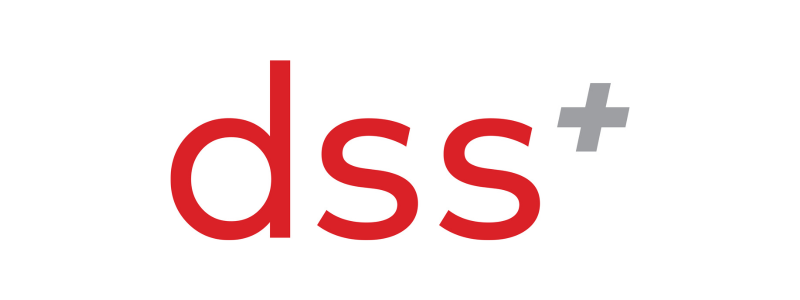

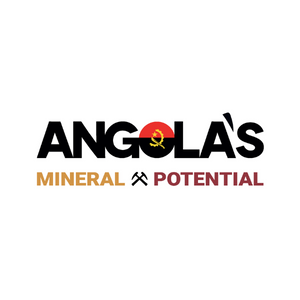
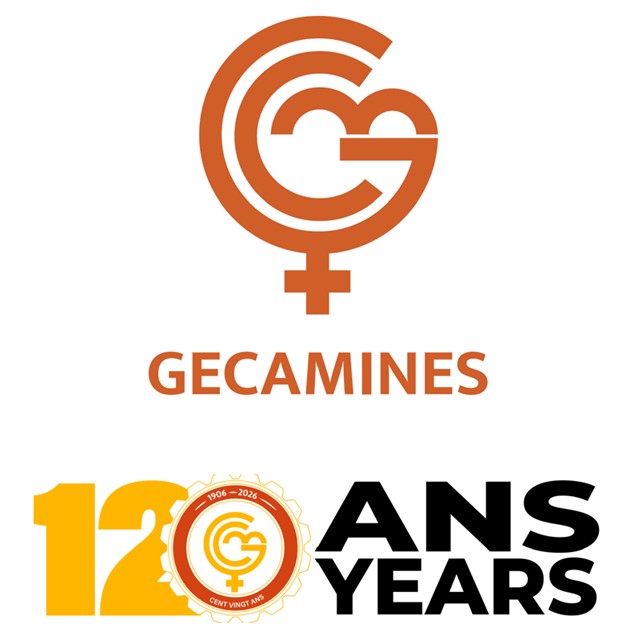
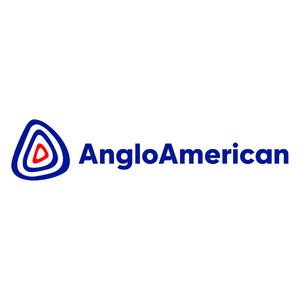

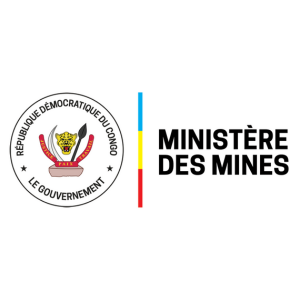
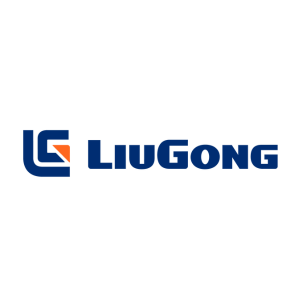


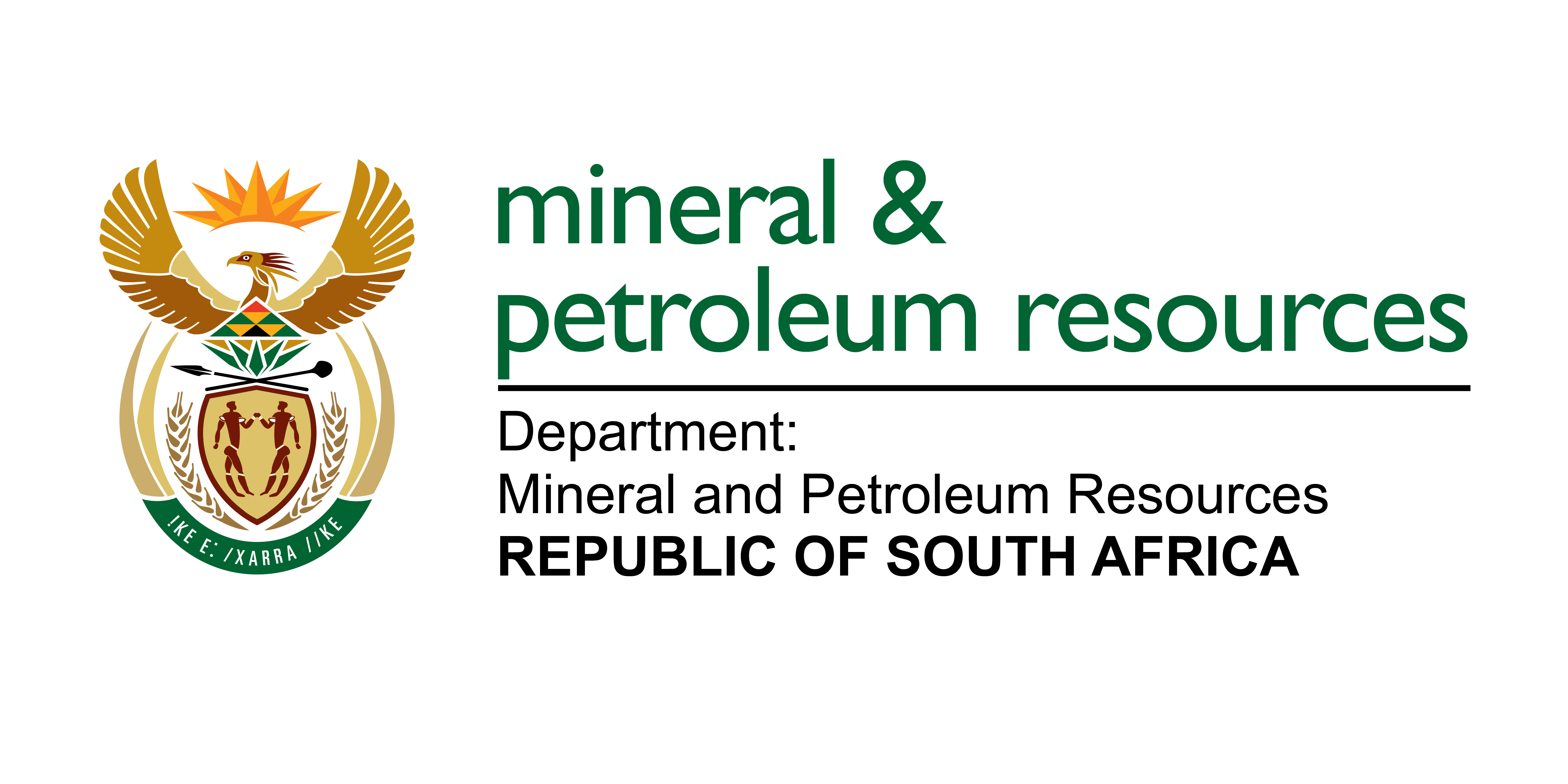-Logo_CMYK_1.jpg?width=1000&height=500&ext=.jpg)
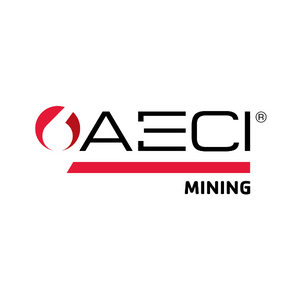



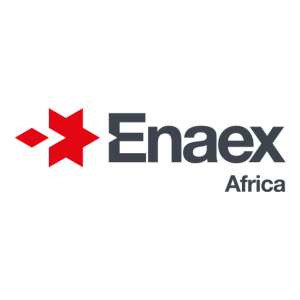


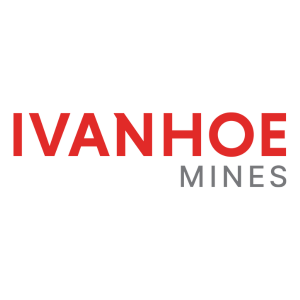
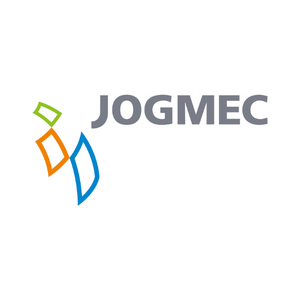


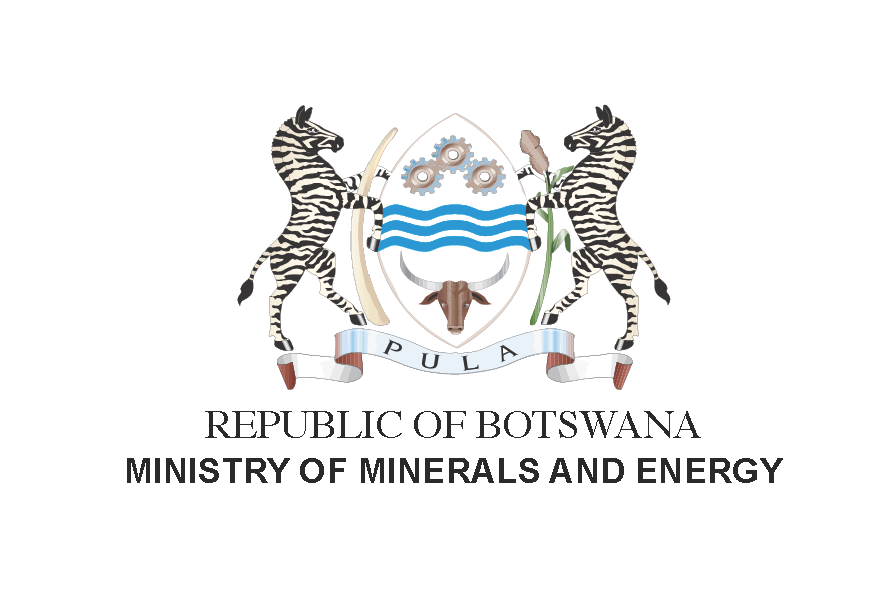.png?width=300&height=208&ext=.png)
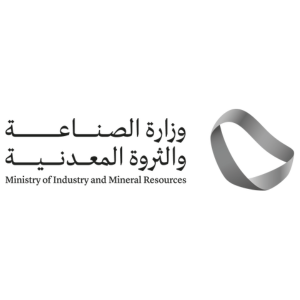
_mi25-weblogo.png?ext=.png)
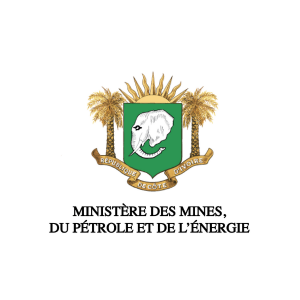
_1.png?ext=.png)


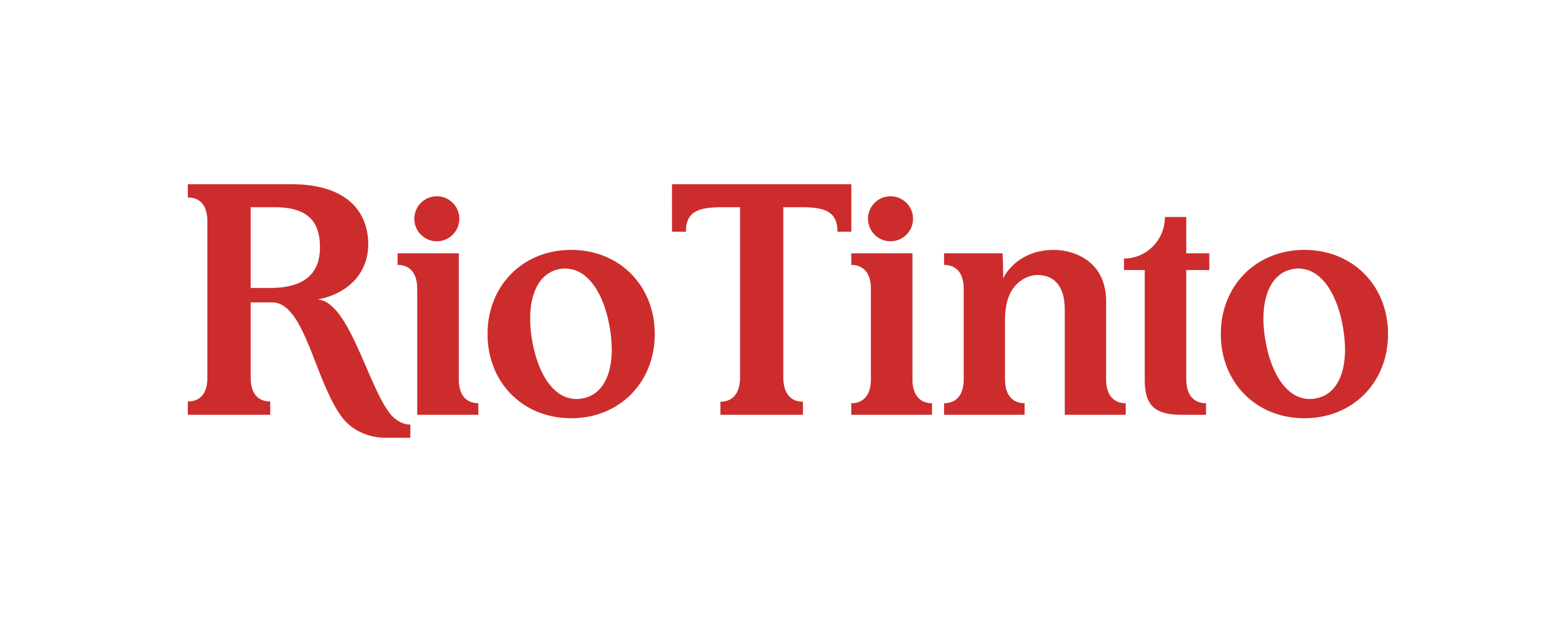


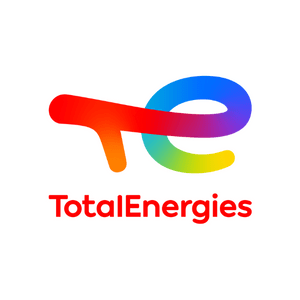
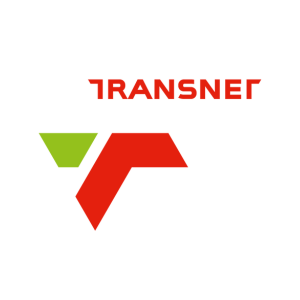
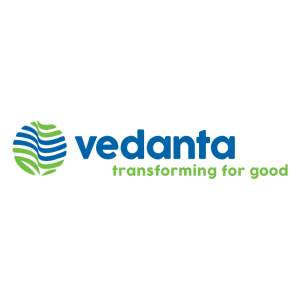

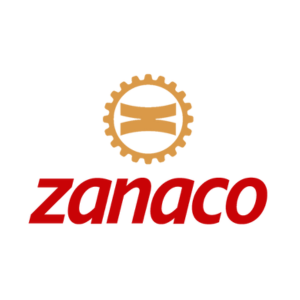
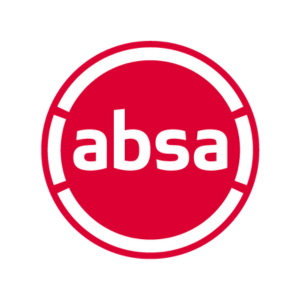

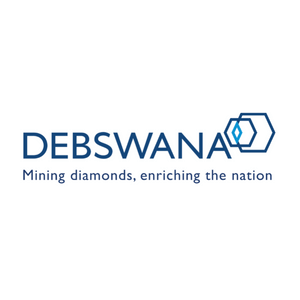







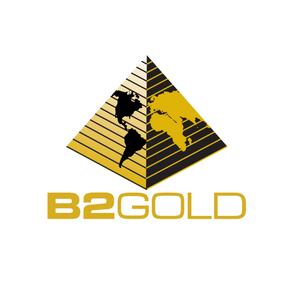
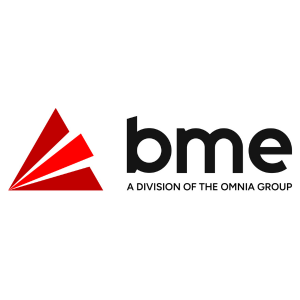


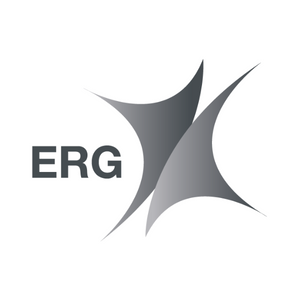








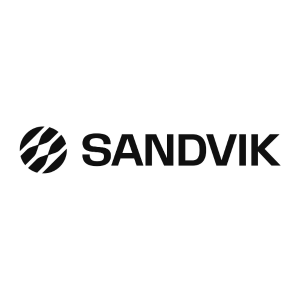

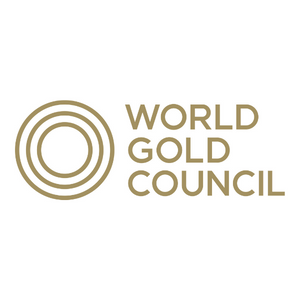
_logo.png?ext=.png)

_mi25-weblogo.png?ext=.png)


